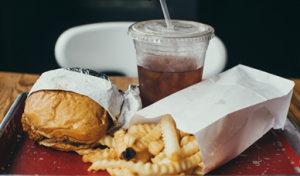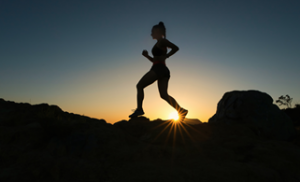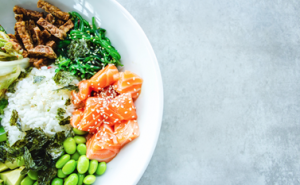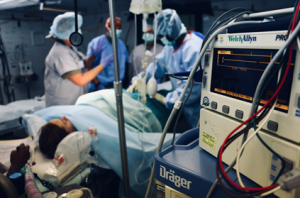Blog
Healthy Lifestyles
- May 13, 2021
- Posted by: Healthy Young NV
- Category: Prevention Teen Young Adult
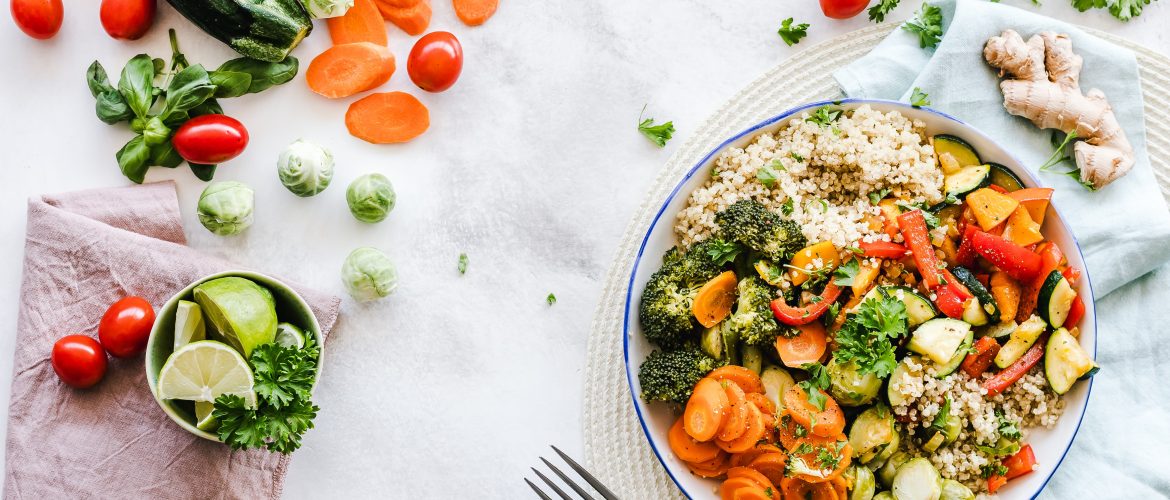
In 2014 obesity was linked to 630,000 cases of cancer in the United States alone, and is linked to 80% of type II diabetes cases, which are responsible for 85% of all leg amputations. Obesity triples the risk of serious illness and death from other diseases – for example: heart disease (the world’s #1 killer), COVID-19, depression / mental illness, hypertension, stroke, osteoarthritis, and more. Obesity is an epidemic that is currently on the rise. To fight obesity is also to fight cancer, diabetes, lost limbs, heart disease, depression, COVID-19, and millions of unnecessary deaths per year.
Our world is no stranger to obesity. It is not a novel coronavirus, nor a new strain of the flu. In certain ways it is even promoted by our society, given the cost and availability of unhealthy processed and fast food. In 1980, 12.7% of the US population was considered obese; in 2020, that percentage is 42.4%. Despite its prevalence and deep roots in our modern world, you don’t have to be part of that statistic. One of the best things that you can do to avoid obesity or recover from it is aim to exercise regularly and eat a balanced diet. Although there is no one solution for avoiding obesity, beginning with these two things can be a good start.
Begin by organizing an exercise regimen and start today. Physical activity not only makes you physically stronger and healthier, but also severely increases confidence, promotes mental wellbeing, and, in most cases, reduces risk of injury, illness, or death from injury and illness. Studies show that students who are physically active tend to have better grades, school performance, and cognitive abilities.
There are plenty of resources online to get you started. It doesn’t have to be complicated – start by simply easing yourself into it. Try to get into a weekly routine and commit to your plan. Start with just a short workout every day or every other day and slowly step it up. You don’t need any fancy exercise equipment to get started – in fact, your own body weight should be enough for most exercises. If you ever need any equipment it can all be found at a public school near your or even a local park (bars to do pull ups or dips on, etc). Even taking just 10 minutes a day to exercise is beneficial, although 30 – 40 minutes is ideal. Remember that no matter how slow the process may be, you are still lapping everyone on the couch. Here are some useful resources to get you started:
How to Build Your Own Workout Routine
50 Bodyweight Exercises that You Can Do Anywhere
Second, organize a meal plan. Believe it or not, eating well is more important to gaining muscle and losing fat than exercising is, although they pair very well together. Like exercise plans, there are plenty of resources online and you can likely do most of it with cheap foods from your local grocery store. Remember, healthy foods don’t necessarily taste bad or worse than unhealthy foods – there are plenty of delicious healthy options, too! Eating well is hard and will take more commitment than exercising, but it is all worth it in the long run. Here are some resources to get you started:
How to Eat Nutritious Without Dieting
Ultimately, your health is your choice. There are infinite benefits to exercising and eating healthy, beyond just combating obesity. Don’t become a statistic. Get started today and share this blog to help get others around you on the right track as well.
Sources
https://www.cdc.gov/obesity/data/childhood.html
https://www.hhs.gov/fitness/resource-center/facts-and-statistics/index.html
https://www.cdc.gov/media/releases/2017/p1003-vs-cancer-obesity.html
https://www.cdc.gov/healthyschools/physicalactivity/facts.htm
https://www.diabetes.co.uk/diabetes-and-obesity.html
https://www.ajmc.com/view/diabetic-amputations-may-be-rising-in-the-united-states
https://www.ncbi.nlm.nih.gov/pmc/articles/PMC2675189/
https://www.cdc.gov/obesity/data/obesity-and-covid-19.html
https://www.cdc.gov/obesity/data/adult.html
This blog was written by Riley, a Student Ambassador at High Sierra AHEC. Upon graduation of high school, he intends to study public health or life sciences at a university or service academy.

